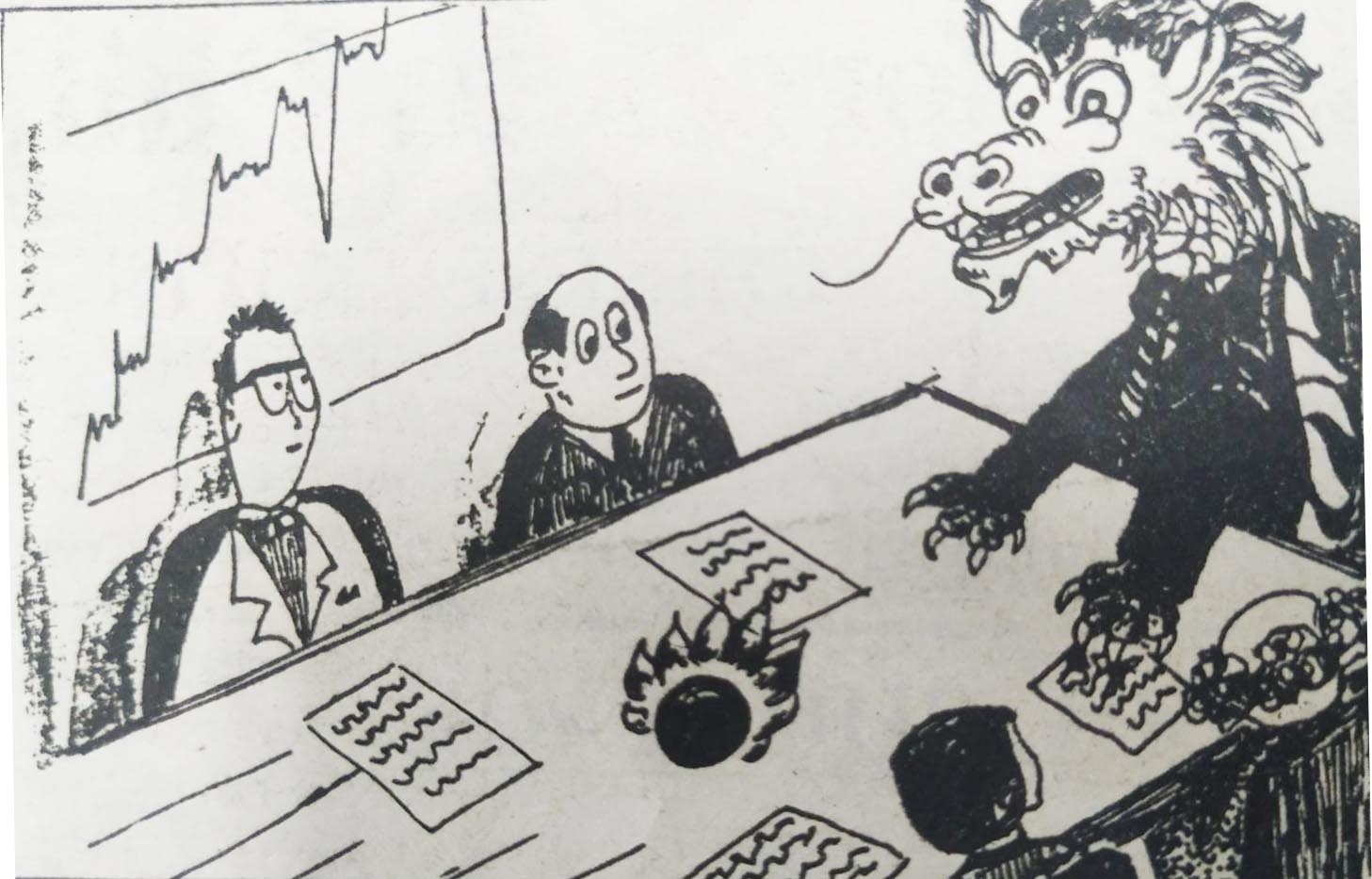First published in Tulay Monthly, Chinese-Filipino Digest 1, no. 3 (August 1988): 2.
“All Chinese are good in business” is a common belief of most Filipinos. However, history tells us that the early Chinese who came to the Philippines were mostly peasants who knew nothing much about business. So, where can we attribute the business, success of the Chinese in the Philippines and in ASEAN?
Many people attribute Chinese business success to the Chinese character and/or their evil genius. My own contention is that the outstanding business success of the Chinese in the Philippines as well as in ASEAN countries is based on very sound business and management principles. The emergence of research done on the Japanese Management system has greatly assisted me in my work.
The rise to economic dominance of the Japanese and the economic success of the overseas Chinese had challenged one of the basic premises of the advocates of economic development and management philosophy.
Noting the metamorphoses of England from a feudal society to an industrialized nation, they have concluded that for economic progress to be attained, feudal societies meaning of course the Japanese, the Chinese, the Indian and the Malay must be modernized, which of course implies an adoption of western values.
Japan’s success changed all that. An example is the premise promoted by these advocates that if the women in these societies are liberated, economic progress would follow and that conversely, if they were not liberated, no economic progress is possible.
Unfortunately, the Japanese attained economic prosperity without the attainment of equality by women until recent times. Now, what about the Chinese success?
My book came to be written based on two premises:1) that economic development does not require abandonment of one’s culture in favor of western culture, and 2) that economic development succeeds admirably when it draws very strongly on the cultural heritage of a people. This is the basic reason for the economic success of the Chinese – they have developed a Chinese Management system. This system is based on the family and this family, the basic unit of society, has also functioned as the basic unit of Chinese business organization.
Furthermore, the “corporate values” that pervade the Chinese business corporation are those of Chinese values: respect for authority, primacy of group learning, esteem for the force of example rather than over the validity of ideas and strict observance of social rules.
***
Excerpted of a lecture delivered at De La Salle University on Aug. 3, 1988. A scholarly analysis of the Chinese business success can be found in his book, The Overseas Chinese in ASEAN: Business Strategies and Management Practices.
